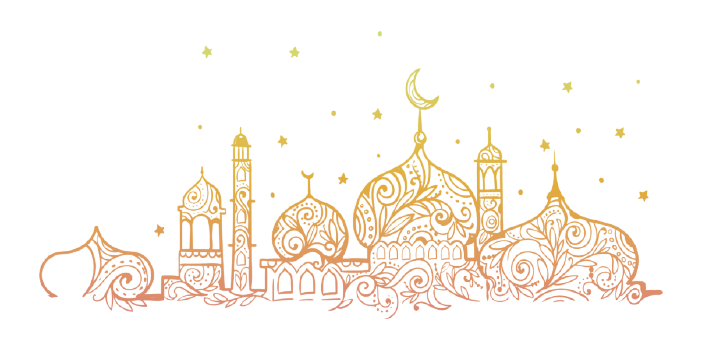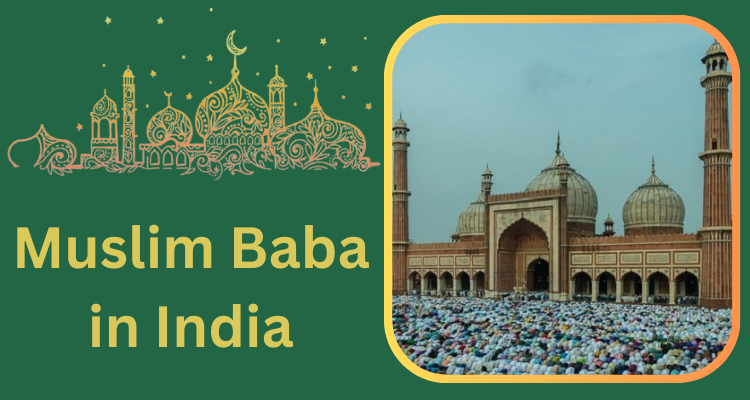The term “Muslim Baba” in India evokes a tapestry of complex narratives and rich cultural contexts. It encompasses spiritual guides, Sufi mystics, folk heroes, and revered figures who traverse the boundaries of religious orthodoxy and societal norms. Understanding their role requires a nuanced exploration of Indian Muslim history, Sufi traditions, and the syncretic blend of Islamic teachings with local practices.
The Mystical Legacy of Sufism:
Sufism, a mystical branch of Islam, arrived in India around the 11th century, leaving a profound mark on the spiritual landscape. Sufi masters, known as “Babas,” preached an inward-looking path towards divine connection, emphasizing love, compassion, and personal experiences over strict religious rituals. They established dargahs – shrines dedicated to deceased Sufi saints – which became centers of religious devotion and cultural exchange, attracting followers from diverse faiths.
Famous Muslim Babas:
Numerous revered Muslim Babas have graced the Indian subcontinent, each leaving an indelible mark on their communities. Some of the most celebrated figures include:
- Moinuddin Chishti: Revered as “Gharib Nawaz” (protector of the poor), his dargah in Ajmer draws millions of devotees from all religions. His teachings of tolerance and universal love fostered interfaith harmony.
- Nizamuddin Auliya: Another popular Sufi saint in Delhi, he emphasized selflessness and divine intoxication. His dargah remains a vibrant religious and cultural center.
- Baba Shah Abdul Latif: A Sindhi mystic poet, his verses explored themes of divine love, social justice, and the beauty of nature, transcending religious boundaries.
Beyond Formal Religion:
The relationship between “Muslim Babas” and traditional Islam can be complex. Some are deeply rooted in Sufi traditions, advocating for personal interpretations and mystical experiences. Others may operate within more orthodox frameworks, combining Islamic teachings with local customs and beliefs. This flexibility, though sometimes criticized by purists, has allowed Islam to adapt and flourish in the Indian context.
Folklore and Superstitions:
Indian Muslim communities abound with tales of miraculous Babas who possess supernatural powers and offer solutions to life’s problems. These narratives, often blending Islamic concepts with local folklore, provide comfort and hope to devotees. However, it’s crucial to differentiate these mystical traditions from exploitative practices by charlatans masquerading as holy figures.
Modern Challenges and Reinterpretations:
In contemporary India, Muslim Babas face new challenges. The rise of religious fundamentalism and social anxieties can create tensions between Sufi inclusivity and conservative interpretations of Islam. Modern Muslim thinkers are re-examining the relevance of Sufi traditions in a changing world, seeking to bridge the gap between mystical teachings and contemporary socio-political realities.
Interfaith Harmony and Social Impact:
Muslim Babas continue to play a vital role in promoting interfaith understanding and harmony. Their dargahs often serve as spaces where people of different faiths come together to pray, celebrate, and share cultural experiences. Their teachings of love, compassion, and social justice contribute to building a more inclusive and equitable society.

